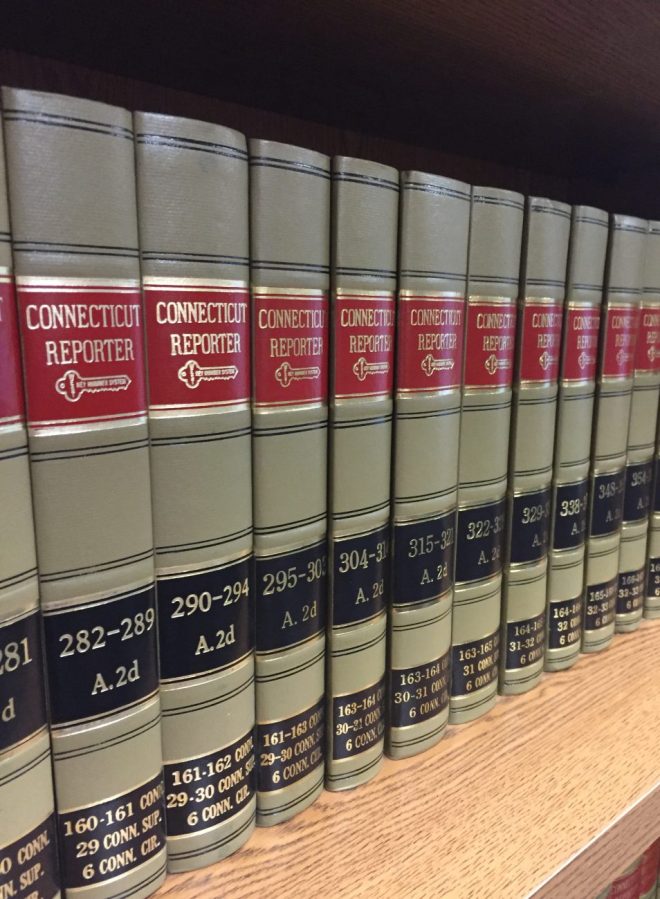 Most people realize having a will is a good idea. It provides for the transfer of your assets after you pass away to the people and institutions of your choice. As an attorney and probate judge, I’ve seen and heard myths, misconceptions and mistakes in this area.
Most people realize having a will is a good idea. It provides for the transfer of your assets after you pass away to the people and institutions of your choice. As an attorney and probate judge, I’ve seen and heard myths, misconceptions and mistakes in this area.
Some people believe it’s effective to simply write a note directing who will receive their assets after they die. This won’t work in Connecticut. Connecticut has strict requirements for how a will needs to be executed. If these requirements are not carefully followed, the note won’t be recognized as a valid will.
The same principle applies if someone wants to make changes to an existing will. Crossing out and writing in provisions to an existing will generally won’t be valid. If someone wants to change their will they either need to execute a new will or execute a codicil to the current will. The laws of will execution also apply to how a codicil must be executed in order to be valid.
Another misconception is that if someone dies without a will, all their assets will go to their surviving spouse. This is only true if the person who passed away had no children or surviving parents. Otherwise, the children or surviving parent will receive some portion of the decedent’s probate assets. If someone passes away survived by a spouse and children, the surviving spouse receives the first $100,000 and half of everything over $100,000. The children receive one half of everything over $100,000. However, if one or more of the children are not also children of the surviving spouse, the surviving spouse receives 50% of all the decedent’s assets and the other 50% are divided equally among the children. Stepchildren of the decedent are not recognized as heirs at law unless there are no surviving blood relatives of the decedent.
Photocopies of a will are not legally valid – only the original signed copy of the will may be admitted to probate. If the original cannot be located, additional proceedings in the probate court are necessary to allow admission of the photocopy.
All wills name an executor – someone or an institution (such as a bank or trust company) responsible to administer the estate. However, the executor named in the will does not actually become the executor unless they are willing and able to serve as executor and they are appointed by the probate court. Often people state they are the executor of a living relative’s estate, but that is not the case until their relative dies and they are appointed by the probate court.
Wills have no legal authority until admitted to the probate court. If someone becomes legally incapacitated, their will has no effect on the management of their assets while they are alive. Trusts, advance healthcare directives, powers of attorney, appointment of healthcare representatives and advance designation of conservators are legal tools used to plan for incapacity.